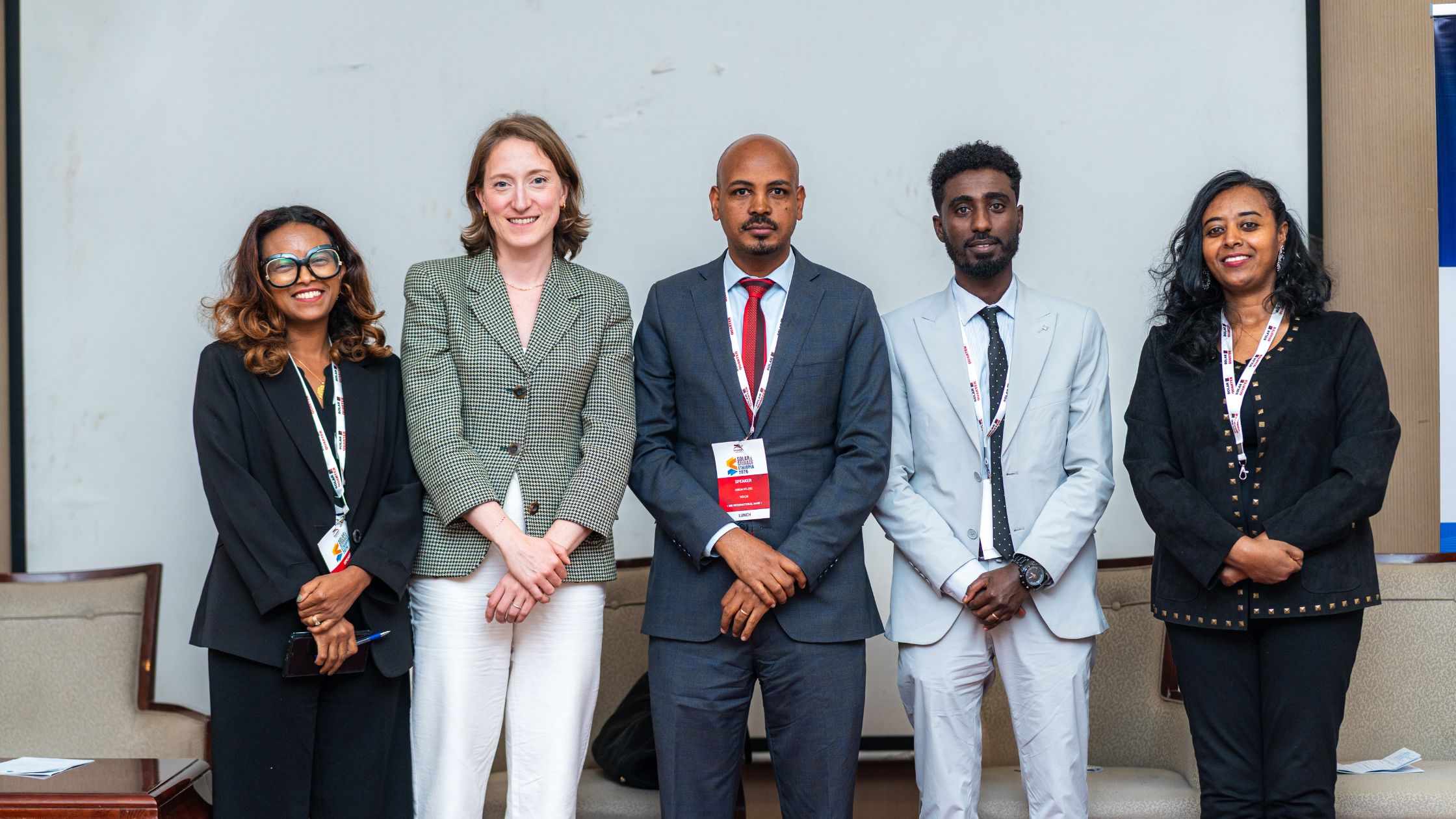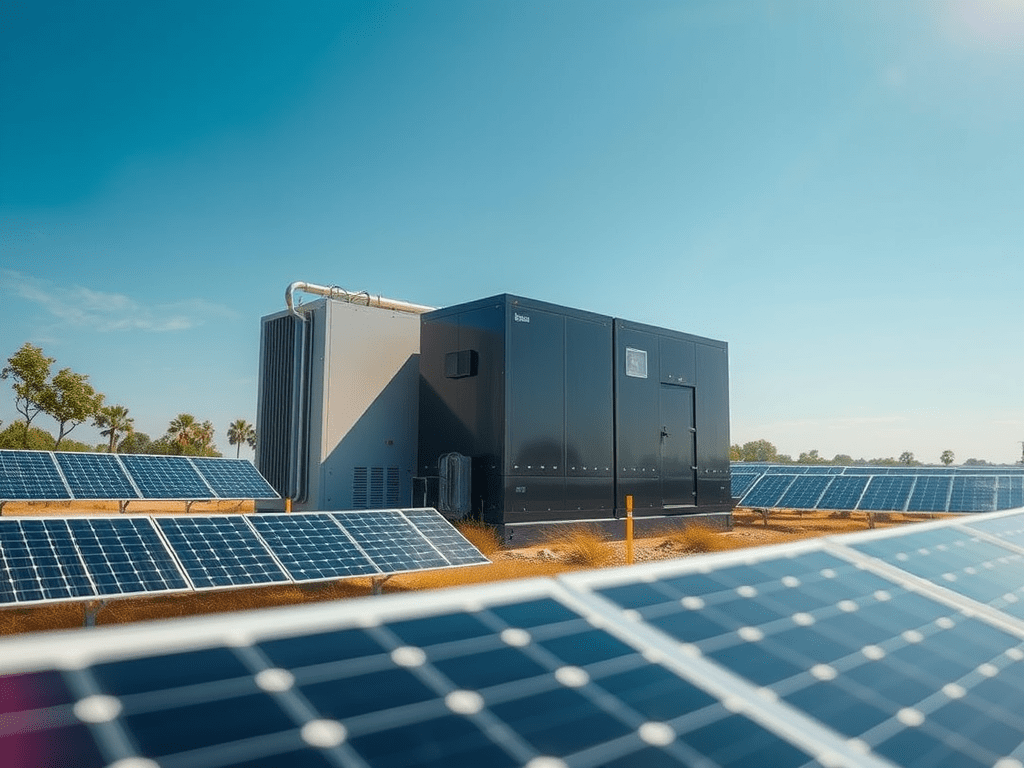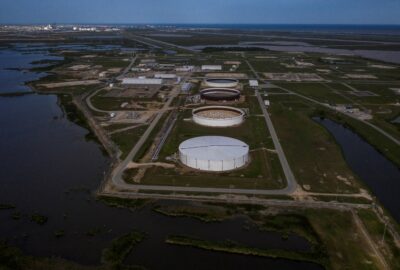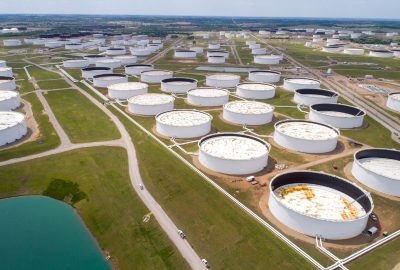
The Gujarat Urja Vikas Nigam Limited (GUVNL) filed a petition against Juniper Green Energy Pvt. Ltd. and other parties regarding a 100 MW solar power project under the Gujarat State Electricity Regulatory Commission (GERC). The case revolved around the Power Purchase Agreement (PPA) that was signed between GUVNL and Juniper Green Energy on August 26, 2021, for a tariff of Rs. 2.22 per unit. Juniper later requested a revision in the commissioning timeline, citing delays due to a Force Majeure event caused by global supply chain disruptions and increased module prices due to policy changes, especially the imposition of Basic Customs Duty (BCD) and the Approved List of Models and Manufacturers (ALMM) mandate.
Juniper argued that these circumstances were beyond their control and significantly impacted their ability to complete the project on time. As per the terms of the PPA, the scheduled commissioning date was set for August 25, 2022. However, Juniper sought an extension of 258 days, requesting the date to be moved to May 10, 2023. GUVNL, however, denied this extension and imposed penalties for the delay. The case then moved to GERC for adjudication.
During the hearings, Juniper submitted that the international module market experienced price hikes due to post-COVID supply issues and geopolitical tensions like the Russia-Ukraine war, which disrupted logistics and manufacturing. They also pointed to policy changes in India that added further financial and logistical challenges, including the imposition of BCD from April 2022 and ALMM compliance requirements, which limited the availability of approved modules. The company claimed they had taken all possible steps to mitigate delays, including signing contracts with module suppliers and starting project construction.
GUVNL, on the other hand, argued that the reasons cited did not qualify under the Force Majeure clause. It contended that the imposition of BCD and ALMM compliance was already known well in advance, and developers had been given ample time to plan accordingly. GUVNL maintained that the delay was due to commercial reasons and did not merit an extension of the commissioning date. It insisted that the PPA terms should be enforced strictly, including the imposition of liquidated damages and reduction of tariff for the capacity commissioned after the deadline.
After reviewing the arguments, GERC observed that while certain macroeconomic events like BCD and ALMM affected the renewable energy industry as a whole, the developer must prove specific adverse impacts on their project. The commission acknowledged that there were global issues, but also noted that Juniper had not provided clear documentary evidence of being directly and severely impacted. Ultimately, GERC ruled that Juniper was not entitled to the full extension sought. Instead, the commission granted a partial extension of 107 days, up to December 10, 2022, considering some delay due to unforeseen circumstances.
As a result, any capacity commissioned beyond that date would be subject to reduced tariffs and other penalties as per the PPA. The ruling highlighted the need for developers to plan with greater foresight and flexibility, especially in a rapidly evolving regulatory and economic landscape. The order set a precedent on how Force Majeure claims are evaluated in renewable energy contracts, stressing the importance of evidence and contract discipline.













